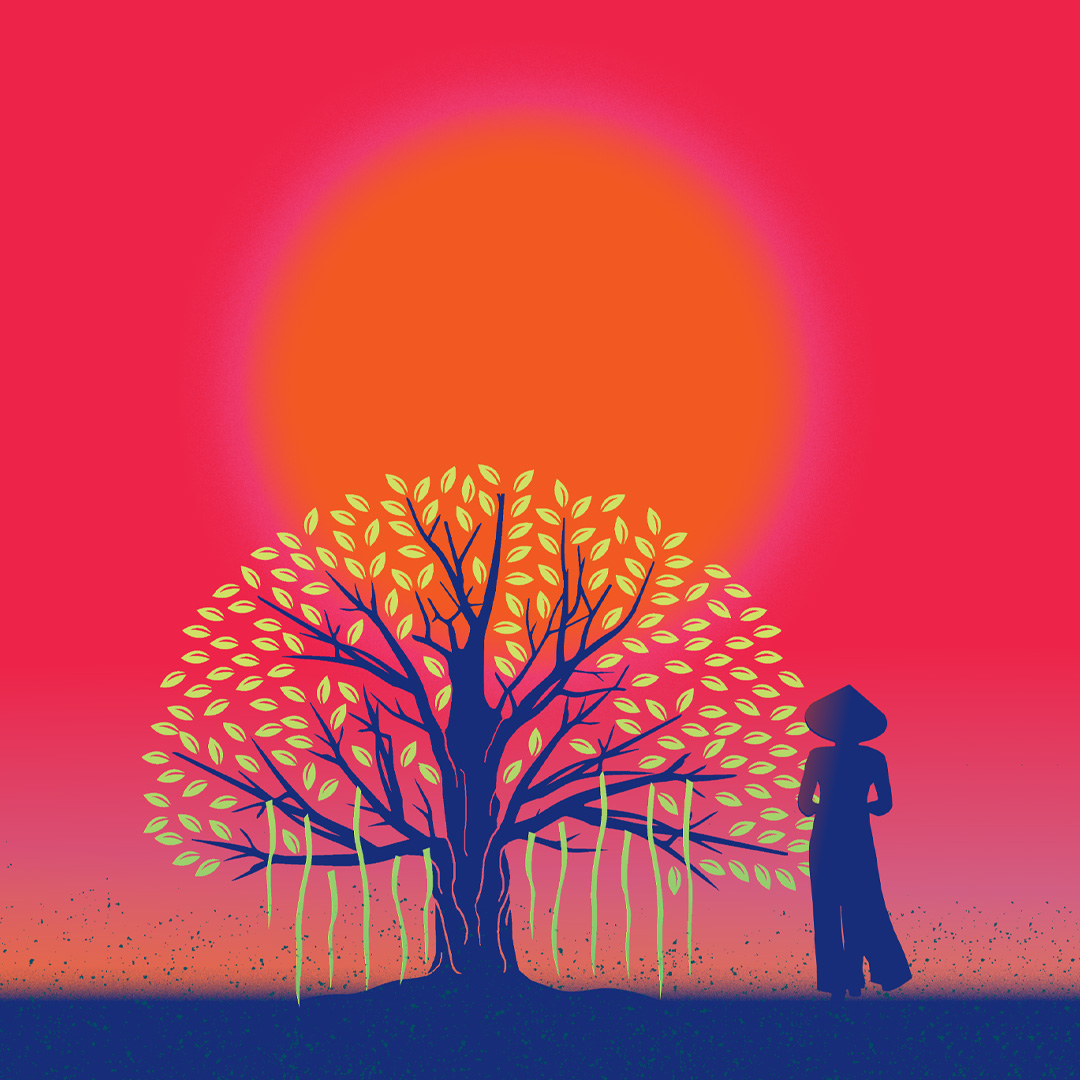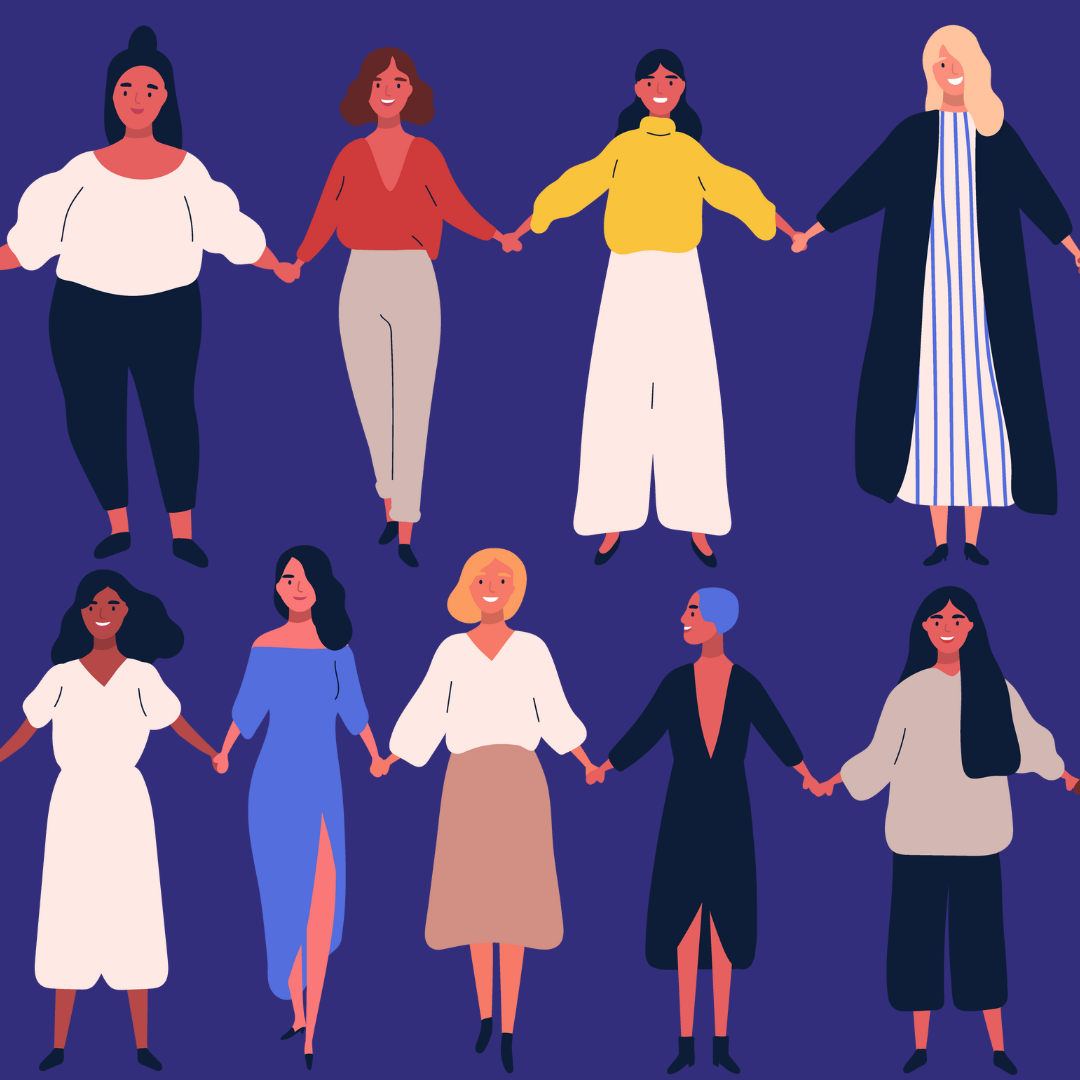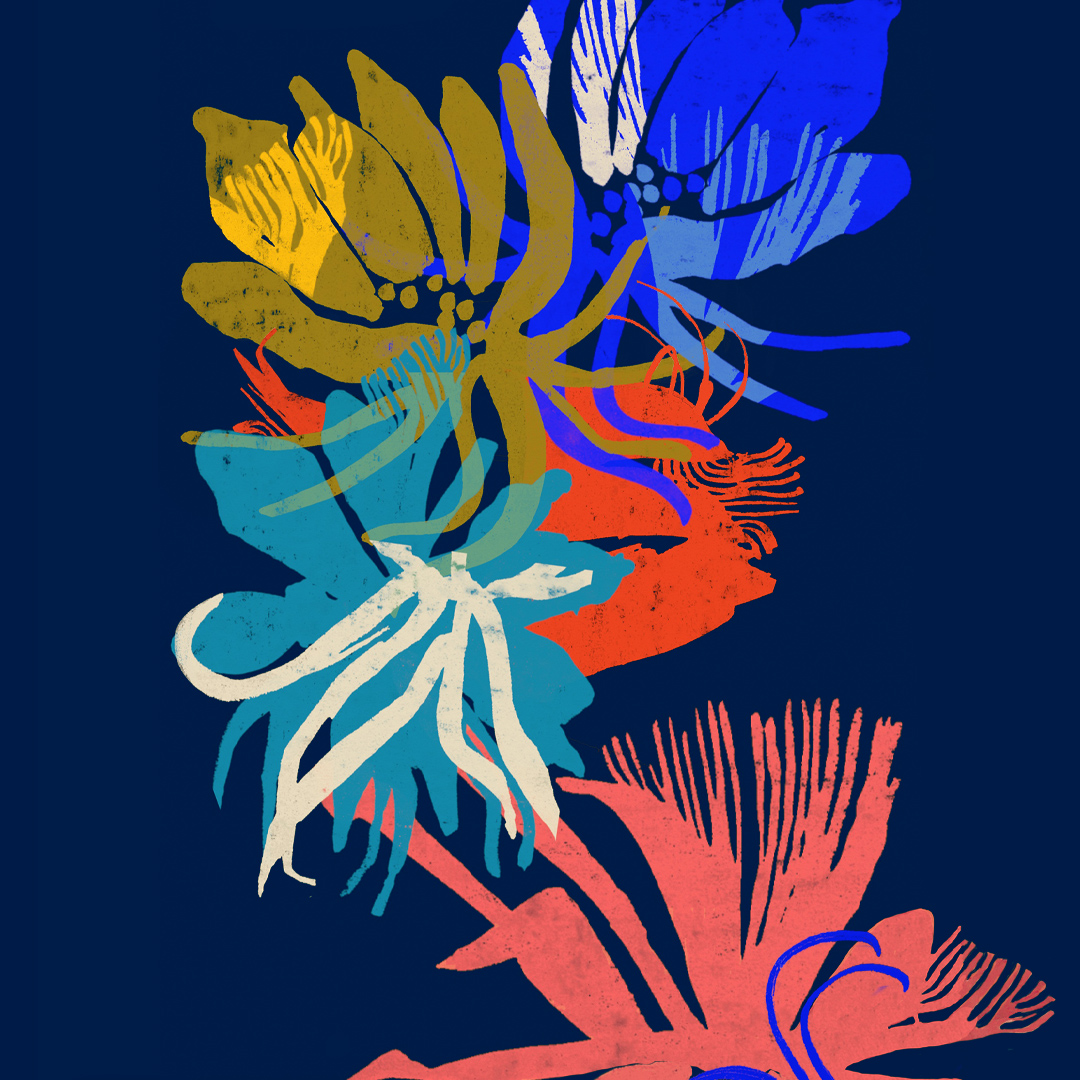Love On Ice: An Essay by Jonathan Evison
Jonathan Evison’s latest novel is Legends of the North Cascades, a poignant and profound exploration of isolation and the ways connection can save us.
…
I have three kids, ages three, eight, and eleven, and make no mistake, I want them to be confident and curious. I want them to experience life to the fullest, and be independent and adventurous, and discover things on their own, and I want them to take risks—once they’re adults.
I can’t help it. I’m a helicopter parent and have been since day one. That’s me walking behind my infants and toddlers as they climb, then crawl, then waddle up staircases; that’s me standing below my grade schoolers, ready to catch them when they’re scrambling up trees; that’s me riding on the outside anytime we’re biking around traffic (even the mere possibility of traffic); that’s me barely out of arm’s length in the swimming pool.
I’d like to think I’m not suffocating about it. I go out of my way to offer them extraordinary experiences and opportunities. I give them space, I really do. I don’t try to influence their every move or discourage them from exploring the world; I just keep my eyes peeled for trouble at all times. I’ve seen firsthand how fast an accident can happen to young people, and the irreparable damage it can do.
My helicoptering is by no means limited to the realm of physical safety. I constantly worry for my kids’ mental and emotional well-being, especially when they’re away from me at school, or out playing, or staying at a friend’s house—anywhere and anytime they’re out of my sight, really. While I am mostly powerless in these situations, I can’t stop trying to prepare them for heartbreaks, or reassuring them that they are loved, and respected, and seen. I don’t want them to get bullied, or hurt, or ever question their own worth, or feel depressed about climate change or rampant human suffering. As fanatical as it may sound, I’m guessing most parents feel the same way. And yes, our motives are selfish. Because we love them so damn much that the idea of anything bad ever happening to them is unthinkable. It would break us completely. Without them we wouldn’t want to live.
When I write a novel I always try to get out of my own way and give myself to the characters, which can make it both a painful and revelatory process, but always expansive. Invariably I feel like I come out the other end a better, more experienced person somehow, a better husband, a better dad, a better friend, having learned lessons and overcome obstacles not just on the page, but in my heart and mind, just as sure as if the experience of the novel were real life. That’s why I write in the first place, to live beyond the purview of my personal experience. And for the whole enterprise to work, I’ve got to allow myself to be vulnerable.
The toughest thing about writing Legends of the North Cascades was imagining situations where children were in peril, particularly Bella. Like my own kids, Bella is precocious, and extremely thoughtful, and empathic, and tends to take the world a bit personally at times. She asks the questions and says the things my kids might say or ask. She’s got an active imagination and a voracious curiosity. But unlike my kids, Bella was born into a lousy situation, one that keeps getting worse, forcing her to confront things beyond her years, and as a result she’s compelled to start acting like an adult long before she should ever have to. Likewise with Dave’s character, I have a lot in common with him, in terms of his passion, yearning, and disillusionment, and especially in his intense love and sense of responsibility for his child. But as an Iraq war veteran, Dave’s baggage is heavier than mine, his situation much more dire than my own, and it gets progressively worse, in part by his own doing. Who knows what decisions I might make under the same circumstances as Dave, suffering trauma, irredeemable loss, financial ruin, and constant physical peril? For Dave and Bella, while it seems like the final solution, living in a cave in the high country of the North Cascades only exacerbates the issues already tormenting them.
It was heartbreaking living inside Dave and Bella under such circumstances. But what carried me through and ultimately saved me was the same thing that saved them: their fierce love for each other, their dependence on each other, their unshakeable faith in each other despite how bad things might get. While the novel is unquestionably an adventure story, at its core it is the story of the love between parent and child, a love that is tested at every turn. And so it is with Dave and Bella’s Ice Age counterparts, S’tka, the young mother, and N’ka, the fatherless child, as they try to eke out an existence alone in an icy world that seems intent on forsaking them.
I wrote Legends of the North Cascades in 2018, so when I chose self-isolation as a theme I wasn’t being prescient. I didn’t see what was coming for all of us in 2020 (and likely most of 2021). The fact is, no matter how different each of my novels may seem on the surface, I’ve got only a few themes that preoccupy my work as a whole. I’ve always written about self-isolation. Whether overtly or not, nearly all my characters are in one guise or another dealing with the fundamental conflicts that comprise the dictates of self versus humanity, individual versus collective, alone versus together. But never have I explored these themes quite so directly as in Legends of the North Cascades.
I love adventure stories. Having grown up on a heavy dose of Jack London’s Yukon, I always wanted to write a novel with a rugged northern setting, and I have dabbled there in the past, such as in portions of my 2011 novel West of Here. But Legends offered me the perfect opportunity to fully immerse myself in a frozen wasteland, to virtually experience the thrill and urgency and peril of isolation and survival in a harsh environment, and to explore how these extraordinary conditions might test the love and trust of a parent and a child. The result, I hope, is a timeless story that will stick with readers for a long while and leave them altered in some small way, as I myself was changed by the act of writing the novel.
Because of Dave and Bella, S’tka and N’ka, and the brutal and unforgiving forces that shaped and tested them, whatever obstacles life might throw at me as a parent going forward, whatever circumstances fate might ask me to navigate to ensure the well-being of my children, I feel more prepared than ever to face them.
…
Read more about Legends of the North Cascades.






